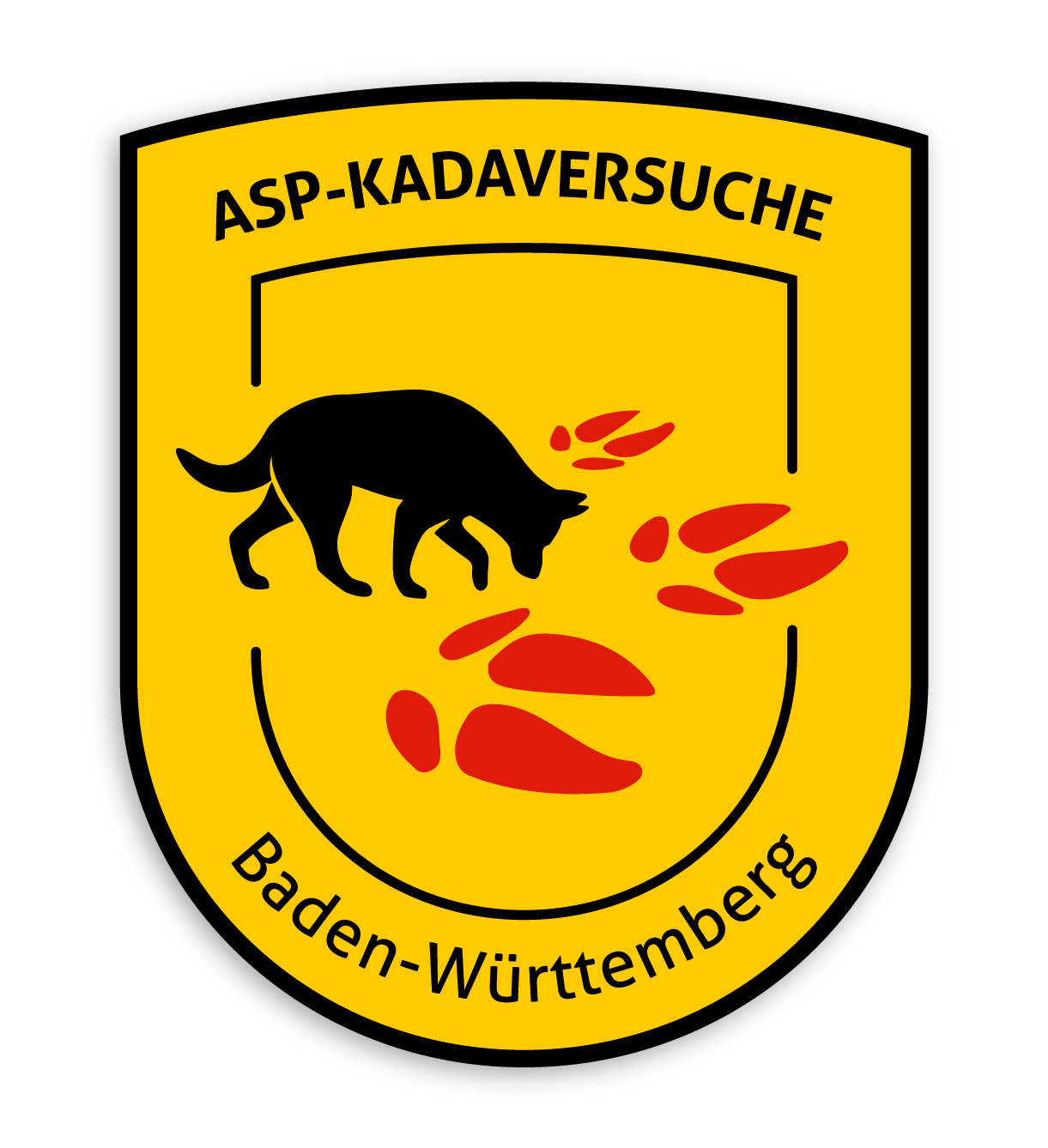Outbreak of African swine fever (ASF) in Baden-Württemberg

Domestic pig population in the Emmendingen district affected - no infected wild boars have been found yet
On May 25, 2022, the African swine fever virus (ASF) was detected in dead pigs from a fattening pig farm.
At the moment, no dead wild boars have been found in the area around the farm. Research into the origin of the pathogen is in full swing.
Safe for humans
The ASF virus is harmless to humans and other animals, but causes death in infected pigs. Consuming infected pork is also harmless to humans.
Measures taken by the authorities
The authorities immediately defined protection zones in which various security measures were implemented.
An essential part of fighting the disease is using specially trained dogs to search for wild boars that may have died. Even though it is currently assumed that the disease has only spread in a herd of domestic pigs, the Ministry of Agriculture has immediately ordered comprehensive wild boar monitoring. There would be a lot of infectious virus material in carcasses and their surroundings that could infect other wild boars and spread the disease. It is therefore important to determine as quickly as possible whether wild boar carcasses are present. If these were found, they would have to be examined immediately to determine what they died from.
TCRH provides cadaver search teams
The TCRH Training Center Retten was commissioned by the state of Baden-Württemberg to train the cadaver search teams and to prepare them for search operations. So far, around 40 search teams from rescue dog handlers and hunters have been trained and are now ready for the carcass tests. More teams will follow in the next few weeks and months. The project is supported by the Hunting Dog Association (JGHV) and the BRH Federal Association of Rescue Dogs.
The operational management and structure of search operations is represented by emergency services from the BRH Federal Association of Rescue Dogs. BRH rescue dog squadrons from Breisgau-Ortenau, Heilbronn, Pforzheim/Enzkreis, Heidenheim, North Rhine-Westphalia and Mecklenburg-Western Pomerania are involved in the current operation to support the carcass search.
A person responsible for the BRH has now been sent as a specialist advisor to the Emmendingen district crisis team and is coordinating the on-site search for fallen game by the TCRH cadaver testing teams.
Biological and technical location for finding fallen game
It is expected that there will be around 180 search missions by the cadaver search teams in the near future. They should search the area (especially the forest areas) around the affected fattening farm to clarify whether wild boars are also affected. Drones with infrared cameras are also used to search the open spaces. These measures can limit the infection process.
Each team, consisting of at least one handler with a dog and a search team helper, is assigned its own search area, which is systematically searched. Depending on the terrain and weather, the teams are on duty for several hours a day. If dead wild boars are found, the coordinates are sent to recovery teams, who then professionally remove the carcasses.
However, everyone involved hopes that the epidemic is limited exclusively to the one affected domestic pig population and that the Emmendingen wild boars are still healthy and will stay that way!
Further information
- https://asp.tcrh.de
- https://mlr.baden-wuerttemberg.de/de/unser-service/presse-und-oeffentlichkeitsarbeit/pressemitteilungen/pressemitteilung/pid/afrikanische-schweinepest-in-baden-wuerttemberg/
- https://mlr.baden-wuerttemberg.de/de/unsere-themen/tierschutz-tiergesundheit/tiergesundheit/tierkrankheiten-tierseuchen-zoonosen/afrikanische-schweinepest/
- African swine fever in Baden-Württemberg: Baden-Württemberg.de (baden-wuerttemberg.de)
- TSIS – Animal Disease Information System (fli.de)
- Information service – LAZBW Aulendorf – ASP competence team (landwirtschaft-bw.de)
- https://www.wildtierportal-bw.de/de/p/jagd-und-jagdrecht-in-bw/afrikanische-schweinepest-asp-1117.html
- Cadaver search dogs: Fight against ASF - State Hunting Association
- https://www.jghv.de
- https://www.bundesverband-rettungshunde.de
Publications
- https://www.swr.de/swraktuell/baden-wuerttemberg/suedbaden/asp-wildschwein-beobachtung-bei-forchheim-100.html
- https://www.swr.de/swraktuell/baden-wuerttemberg/suedbaden/bw-ausbruch-schweinepest-emmendingen-100.html
- https://www.zeit.de/wissen/2022-05/schweinepest-afrika-virus-baden-wuerttemberg
- https://www.jagderleben.de/news/afrikanische-schweinepest-asp-ausbruch-baden-wuerttemberg-713567
- https://www.agrarheute.com/tier/schwein/baden-wuerttemberg-ausbruch-afrikanischen-schweinepest-asp-594088
- https://www.landesjagdverband.de/de/aktuelles/detail/artikel/pressemeldung-ausbruch-afrikanische-schweinepest-in-baden-wuerttemberg/a/detail/c/News/
- Swine fever in Baden-Württemberg: exclusion zone at the Kaiserstuhl – Baden-Württemberg – Stuttgarter Zeitung (stuttgarter-zeitung.de)
- Swine fever outbreak in domestic pigs in Baden-Württemberg – WELT
- Swine fever outbreak in Baden-Württemberg – May 26.05.2022, XNUMX (wallstreet-online.de)
- African swine fever: Pigs die in agony during an outbreak in Baden-Württemberg (kreiszeitung.de)
- Baden-Württemberg: Swine fever outbreak in domestic pigs (handelsblatt.com)
- Diseases: Swine fever outbreak in domestic pigs in Baden-Württemberg | STERN.de
- Baden-Württemberg: ASF in the Emmendingen district – WILD AND DOGS
- Baden-Württemberg: Swine fever outbreak in the southwest: farm in the Emmendingen district affected | SÜDKURIER (suedkurier.de)
- Baden-Württemberg: ASF introduced through leftover food? | top agricultural online
- https://www.lbv-bw.de/Der-LBV/Bauernverband-vor-Ort/Allgaeu-Oberschwaben/ASP-Ausbruch-im-Landkreis-Emmendingen,QUlEPTcxNTk2OTcmTUlEPTU2MzEy.html
- https://www.vetion.de/news/detailnews/35031/
- https://www.jaeger-emmendingen.de/detail/artikel/ausbruch-der-afrikanischen-schweinepest-asp-im-landkreis-emmendingen/a/detail/c/News/
- https://www.badische-zeitung.de/nach-schweinepest-ausbruch-in-forchheim-beginnt-die-suche-nach-ursachen–213322120.html
Leave a Comment